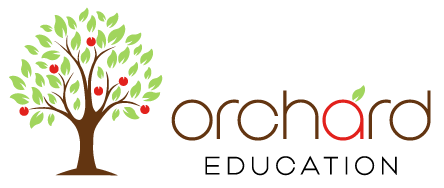GCSE Courses
Our GCSE programme provides a fantastic educational pathway that all KS4 learners have the opportunity to access.
The Eduqas GCSE in Mathematics provides a broad and coherent course of study. It encourages learners to develop confidence in, and a positive attitude towards, mathematics and to recognise the importance of mathematics in their own lives and to society. This specification enables learners to:
- develop fluent knowledge, skills and understanding of mathematical methods and concepts;
- acquire, select and apply mathematical techniques to solve problems;
- reason mathematically, make deductions and inferences and draw conclusions; and
- comprehend, interpret and communicate mathematical information in a variety of forms appropriate to the information and context.
Assessment consists of two examinations, one non-calculator paper and one calculator paper.
The Eduqas English Language GCSE provides a specification designed to be highly accessible, broad and interesting.
Learners develop their ability to read critically, write effectively and coherently, use grammar correctly and expand their vocabulary.
Assessment for GCSE English Language consists of two written examinations, within which spelling, punctuation and grammar make up 20%. Speaking skills are also assessed, but do not contribute to the overall grade.
GCSE Examination Data
2022 - 2023 GCSE Pass Rate
2021 - 2022 GCSE Pass Rate
2020 - 2021 GCSE Pass Rate
Functional Skills
Those learners not participating in GCSE courses in KS4, are able to pursue Functional Skills qualifications in English, maths and ICT.
Functional Skills English qualifications enable learners to develop confidence and fluency in, and a positive attitude towards English. Learners will be able to competently use English in the real world and gain a sound grasp of basic English knowledge and skills. They also help learners progress into further education and develop skills for everyday life.
Functional Skills math’s qualifications enable learners to gain confidence in using mathematics. They provide a foundation for learners to progress into further education and develop skills for everyday life. Learners will show a sound grasp of the basic and underpinning math’s skills at the appropriate level, and apply mathematical thinking to solve simple problems in familiar situations.
Functional Skills ICT qualifications are ideal for learners wishing to develop practical, transferable skills in ICT in order to work confidently, effectively and independently. Learners can apply the skills they learn to scenarios in further education, the workplace and everyday life.






